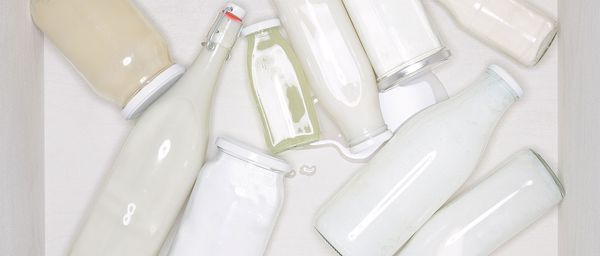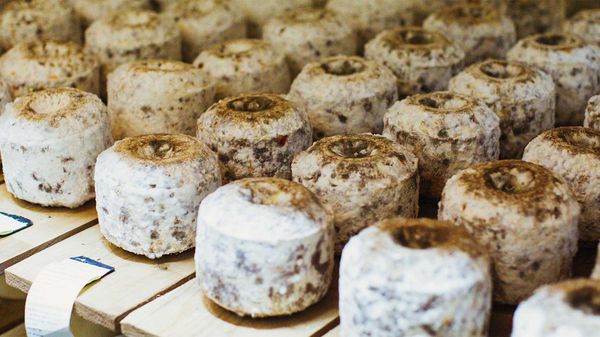
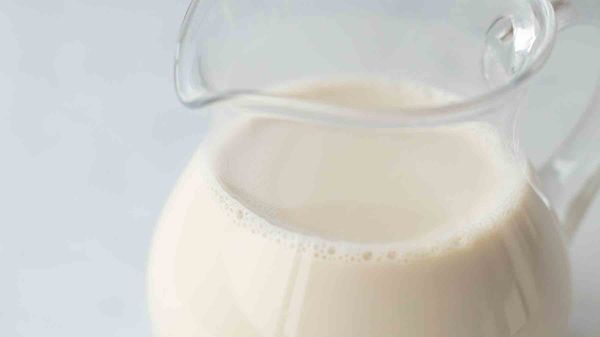
1. Soy Milk
Soy milk is ideal as a snack drink as its protein fills you up; it also packs a lot of folic acid, saponins (which protect your cells) and healthy flavonoids. It’s important to opt for organic if you want to avoid genetically modified crops and additives, though.
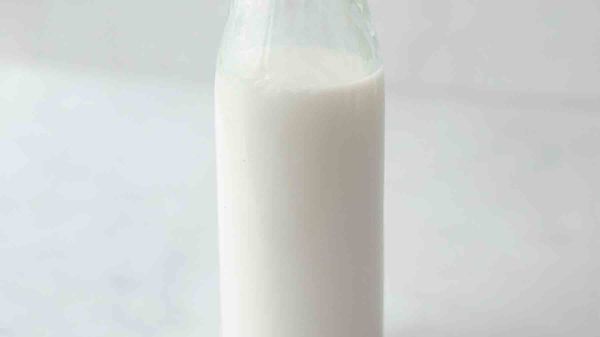
2. Almond Milk
If you make it yourself, almond milk is a tasty, healthy alternative to cow’s milk, as almonds contain valuable B-vitamins, anti-oxidant vitamin E, calcium, and iron Ready-made products are more expensive than cow’s milk and contain fewer vitamins and minerals.
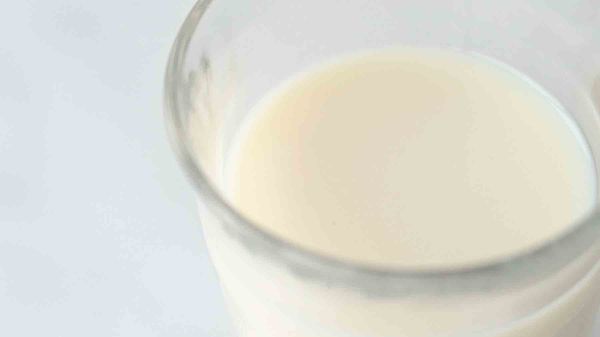
3. Nut Milks
Home-made nut drinks are a delicious lactose and cholesterol-free alternative to milk. It’s important to remember that many of the industrially-produced products don’t have anything like as much protein or near as much trace elements as the real thing, though, and that they tend to be a lot pricier to boot.
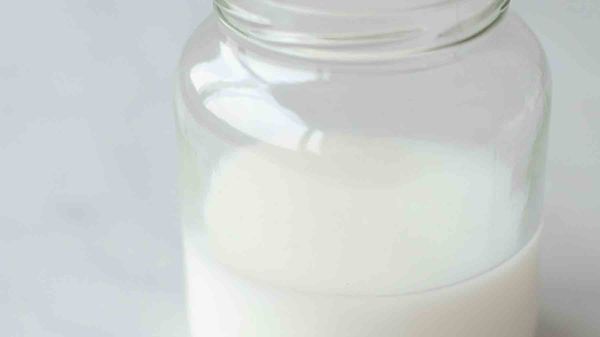
4. Rice Milk
Rice milk contains far fewer vitamins and minerals than cow’s milk and is not suited as a source of protein or calcium. It can be a useful substitute for people with allergies in some cases.

Did you know?
In many European countries, the word for "milk" can only be used on products which have come out of the udder of an animal; you'll see that many of the products mentioned are sold as "drinks". Nevertheless, in spoken use, most languages refer to milk substitutes as milk.
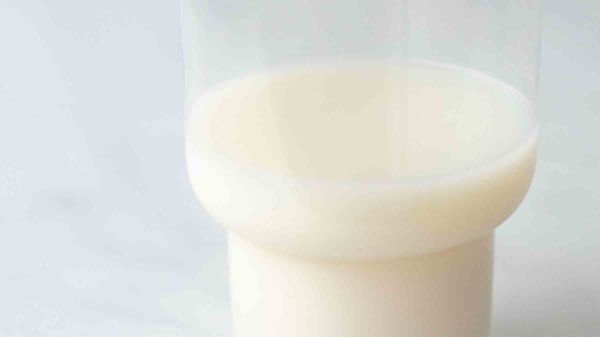
5. Oat Milk
A glass of oat drink gives you a range of valuable B-vitamins and minerals such as magnesium; it can’t keep up with real milk in terms of calcium, though. The downside is that many industriallyproduced oat milks contain vegetable oil, salt, flavouring and sweeteners, as well as preservatives.
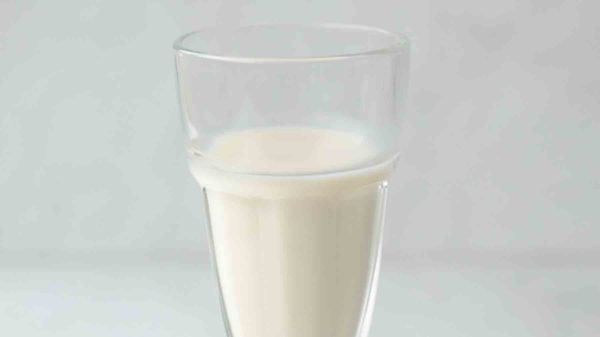
6. Spelt Milk
Like all the other vegan replacements, spelt milk makes a good alternative for people with lactose intolerance or an allergy to milk proteins. Tastewise, it takes quite some getting used to.
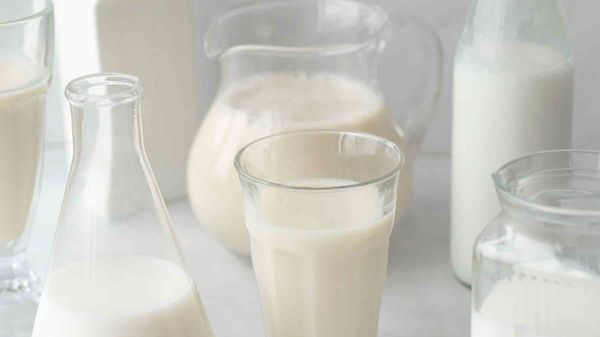
7. Hemp Milk
Although pricier than most, this milk alternative makes up for it in terms of flavour and its usefulness in avoiding allergens.
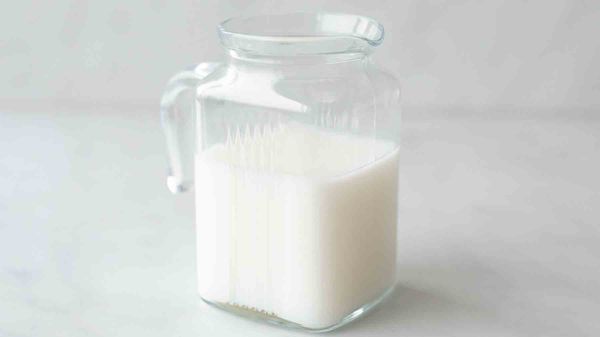
8. Coconut Milk
Although pricier than most, this milk alternative makes up for it in terms of flavour and its usefulness in avoiding allergens.
